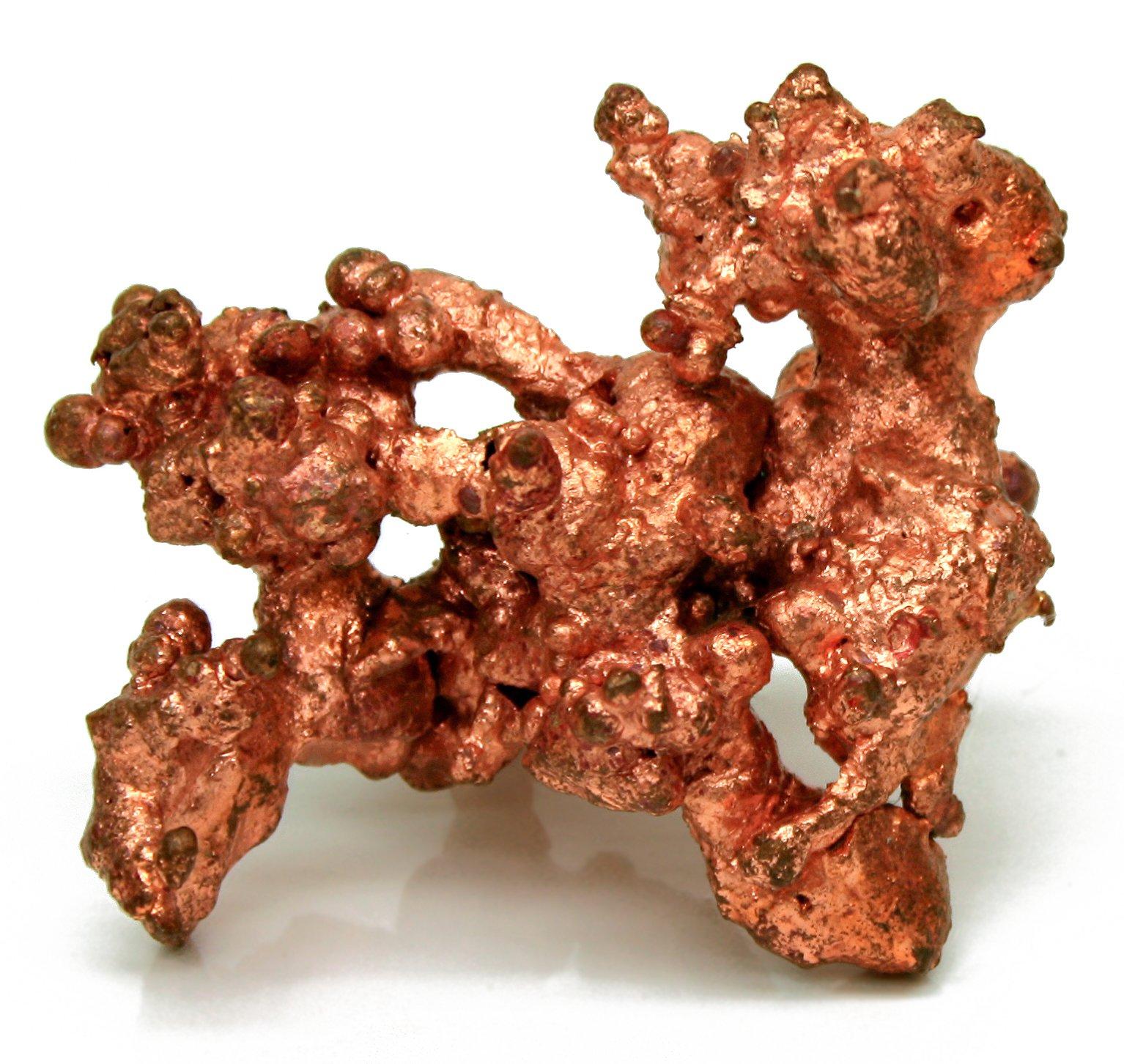Copper may be linked to Alzheimer’s, says new study
Copper may be bad for the brain a new study shows. However, there is conflicting evidence about copper’s affect on diseases like Alzheimer’s.
Find yourself eating too much copper? If so, science says that you should quit — or maybe not.
In one new study, researchers found that copper consumption in food may be linked to a higher rate of Alzheimer's disease.
However, there remains a debate about such findings, as other studies have shown that copper may actually help protect the brain.
People consume copper, a necessary mineral, via tap water that comes through copper pipes, red meat, shellfish, and some fruits and vegetables.
The study found that mice fed with more copper saw a build-up of the mineral in their blood.
The copper subsquently made the blood-brain barrier weaker and led to the creation of beta amyloid protein, which has been shown to cause dementia.
More from GlobalPost: Gabriel Garcia Marquez has dementia, can no longer write, says brother
Copper also affected how the protein is removed from the brain, causing it to build up even faster.
Yet other studies have reached the opposite conclusion, stating that copper is necessary for healthy brain function.
"While the findings present clues to how copper could contribute to features of Alzheimer's in mice, the results will need replicating in further studies. It is too early to know how normal exposure to copper could be influencing the development or progression of Alzheimer's in people," said Eric Karran, a doctor from Alzheimer's Research UK, according to the BBC.
Despite the conflicting studies, both sides say eating foods with copper is still a necessary part of a healthy diet.
The study was published in the Proceedings of the National Academy of Sciences.
The article you just read is free because dedicated readers and listeners like you chose to support our nonprofit newsroom. Our team works tirelessly to ensure you hear the latest in international, human-centered reporting every weekday. But our work would not be possible without you. We need your help.
Make a gift today to help us reach our $25,000 goal and keep The World going strong. Every gift will get us one step closer.
